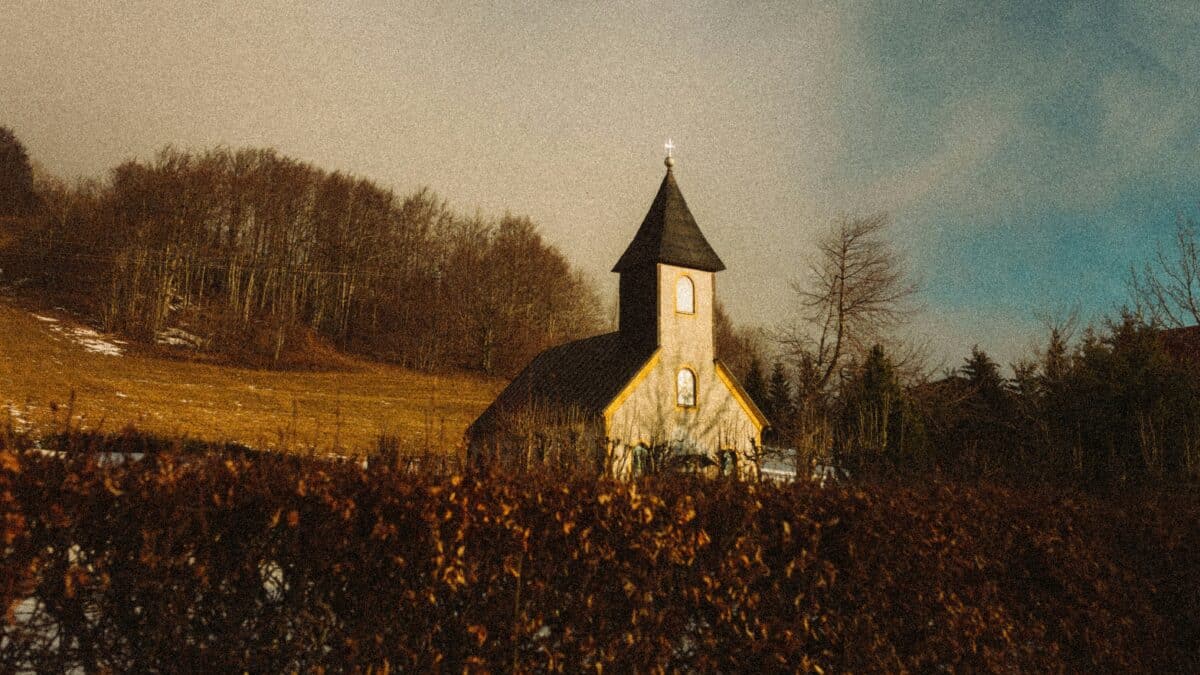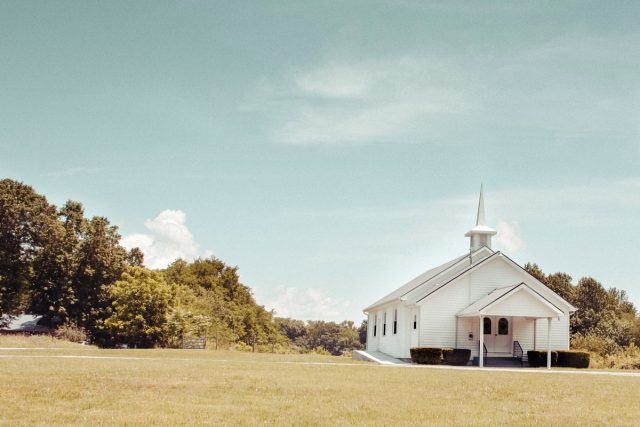Article
Rural Is Not a Plan B: Recovering the Strategic Significance of Small-Town Church Planting
The kingdom of God grows in quiet, unstrategic corners as well as crowded cities. The gospel is not ashamed to go where the market doesn’t.

“When I told a friend we were planting in a rural town, he looked at me like I’d failed the church planter audition.”
That was the half-joking confession from a friend, but it reveals something real. In much of the Western church planting ecosystem, rural church planting often feels like a consolation prize. Urban is strategic. Suburban is sensible. But rural? It’s too small, too slow, too hard to get something going or growing. Planting in a town of 4,000 doesn’t make headlines—and it doesn’t get you a slot at the conference.
But rural isn’t a plan B. It’s not a fallback for those who didn’t quite make it in the city. It’s not a secondary mission field, a resting place for tired planters, or a nostalgic retreat to a simpler life. It’s part of the frontline.
A Forgotten Mission Field
Rural regions are often spiritually starved.
Many rural communities haven’t seen a healthy new church in decades. Existing churches can be isolated, ageing, or under-supported. According to research by the Billy Graham Center, rural areas have fewer churches per capita than urban ones—and often far less access to trained leaders, youth work, theological resources, or ministry support.
Meanwhile, a growing number of planting networks and denominations have focused their energy almost exclusively on urban centres. And there are good reasons for that: cities are diverse, dense, and influential. But the strategic value of urban planting doesn’t make rural planting unstrategic—just different. And often harder.
God’s Heart for the Overlooked
Rural doesn’t mean irrelevant.
God has a long track record of working in overlooked places and through overlooked and surprising people. A shepherd boy from Bethlehem becomes a king after His own heart. A stammering fugitive leads an entire nation to freedom. Fishermen and tax collectors are called to walk beside the Messiah. And from the obscure town of Nazareth comes the Savior of the world—born in a manger, crowned with thorns, and lifted onto a cross. In His hands, the ordinary becomes extraordinary, and the broken becomes a vessel of glory.
The kingdom of God grows in quiet, unstrategic corners as well as crowded cities. The gospel is not ashamed to go where the market doesn’t.
In fact, the early church spread from city to town to household to region—ordinary people carrying the good news wherever they were. Jesus didn’t just commission apostles to reach the cities. He sent them to the ends of the earth—and many of those ends look a lot like small-town Mississippi, rural Colorado, or the Kentucky back roads.
Rural Ministry is Beautiful and Hard
Planting in rural regions can be painfully slow. Growth happens through coffee conversations, long drives, walking the dog, community fairs, and generational trust. There are fewer cultural Christians—and often fewer of any-kind-of-Christians. But rural culture tends to prize authenticity. People are wary of hype. You can’t fake it. There’s less turnover, which means less momentum—but also more stability.
And while suburban planting sometimes has a tendency to focus on platforms, programs, and polished gatherings, rural planting demands patient presence. It calls you to live among a people, not just start something near them. That’s deeply incarnational—and deeply biblical.
What Rural Churches Offer
Rural churches tend to be smaller, more relational, and be more dependent on every member playing their part. They have less money and fewer people, but they often form deeper bonds. They can model a slower, thicker community life—something many urban and suburban churches long for but struggle to achieve.
They’re also uniquely positioned to serve the poor. Rural poverty is often hidden but very, very real. Addiction, mental health, food insecurity—these certainly aren’t just non-rural issues. A gospel-rooted, locally-embedded church can be a place of refuge and renewal where no one else is showing up.
Rethinking Metrics
If we only value what’s measurable (the various numbers and metrics that can too easily drive us)—we will probably always undervalue rural ministry. But Jesus seemed strangely unconcerned with metrics. He often moved away from the crowds. He celebrated faithfulness, not fame.
Perhaps rural planting forces us to recalibrate our metrics:
- Are we making disciples?
- Are we loving our neighbors?
- Are we being a faithful, patient presence in hard soil?
If the answer is yes, then the kingdom is growing—even if no one’s tweeting about it.
A Call to Planters and Networks
We need more rural church planters—and more vision for training, supporting, and resourcing them. Not everyone is called to plant in a town of 1,500. But some are. And they need to be seen, valued, loved, and sent.
Rural isn’t trendy. But it’s faithful. It’s needed. And it might just be one of the most strategic things we can do right now.
Not because it’s Plan B—but because it’s right at the heart of Plan A: “You will be my witnesses in Jerusalem, and in all Judea and Samaria, and to the ends of the earth.”
“Can anything good come from Nazareth?!”
Yes.




